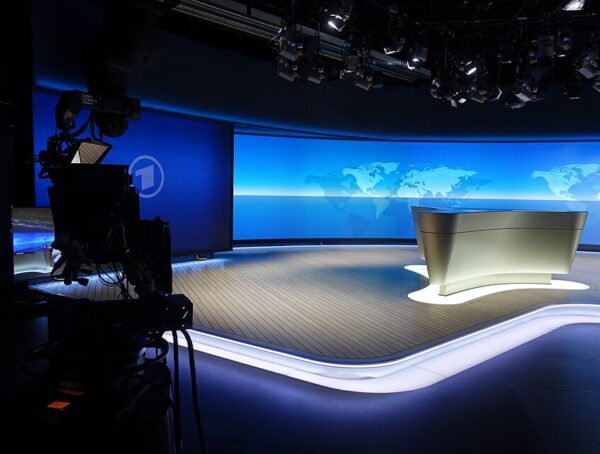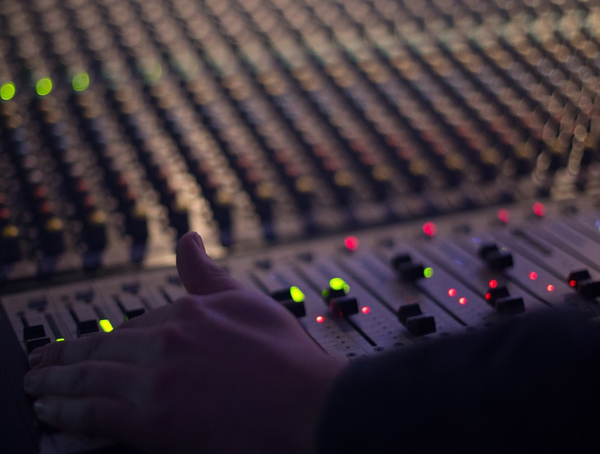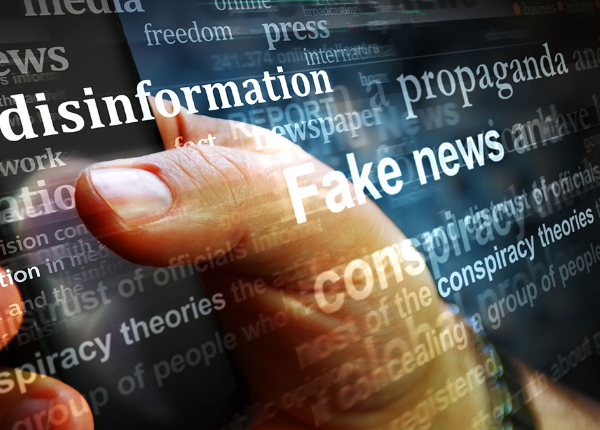In the midst of the scramble to adopt AI strategies, some newsroom leaders are pushing pause. Grendel Levy, the news director for KAIT-TV in Jonesboro, Arkansas, advocates against the adoption of Artificial Intelligence tools in the newsroom, emphasizing its potential threat to journalistic integrity and ethics.
Her operation has a no AI policy because Levy says the tools are not yet trusted by the public.
“As far as my team in our newsroom, they know our policy and we hold them to a very strict standard,” Levy said.
She said this approach will help their station build credibility within their community.
“Our team still do things the old-fashioned way and go out and get the stories on a personal level and that helps us because it creates a relationship with them,” Levy added.
For Levy, the only scenario in which she would support the use of AI tools is to correct grammar or spelling mistakes. She said, “I absolutely would not recommend using it for anything else or any hard serious news story, especially political, because of how volatile that climate is right now.”
Levy is concerned about the blatant misuse of AI and other digital tools.
“Well, imagine if somebody just got lazy one day and decided that he doesn’t have time to go out and get the mayor at a story. So, they just go and Photoshop, or use AI and say, ‘Hey, AI create this photo of the mayor out at this ribbon cutting’…that calls our integrity into question.”
Thinking about the future, Levy acknowledges that AI’s impact on TV news will continue to grow. For example, AI could potentially replace news anchors or meteorologists.
“There have been some demonstrations of how it’s done, and a lot of times you can’t tell the difference. So, most likely at a certain point, the field will move more towards that,” she said.
But Levy is not looking forward to that day.
“I think it’s sad because that’s going to eliminate jobs for journalists who have a real passion for what we do and try to make lives better.”
Levy said, for now, there is at least one thing that AI cannot do.
“I think that’s the advantage that we have as humans. You go out and you create this bond with people, and you create a sense of trust and a sense of security that enhances trust in the media,” she concluded.








